
I've been recommending this review by @tobiasegner.bsky.socialwww.nature.com/articles/s44...@musslick.bsky.socialwww.nature.com/articles/s44.... (1/7)
this is pretty amazing: @lucinauddin.bsky.socialwww.lieffcabraser.com/antitrust/ac... summary of the case:
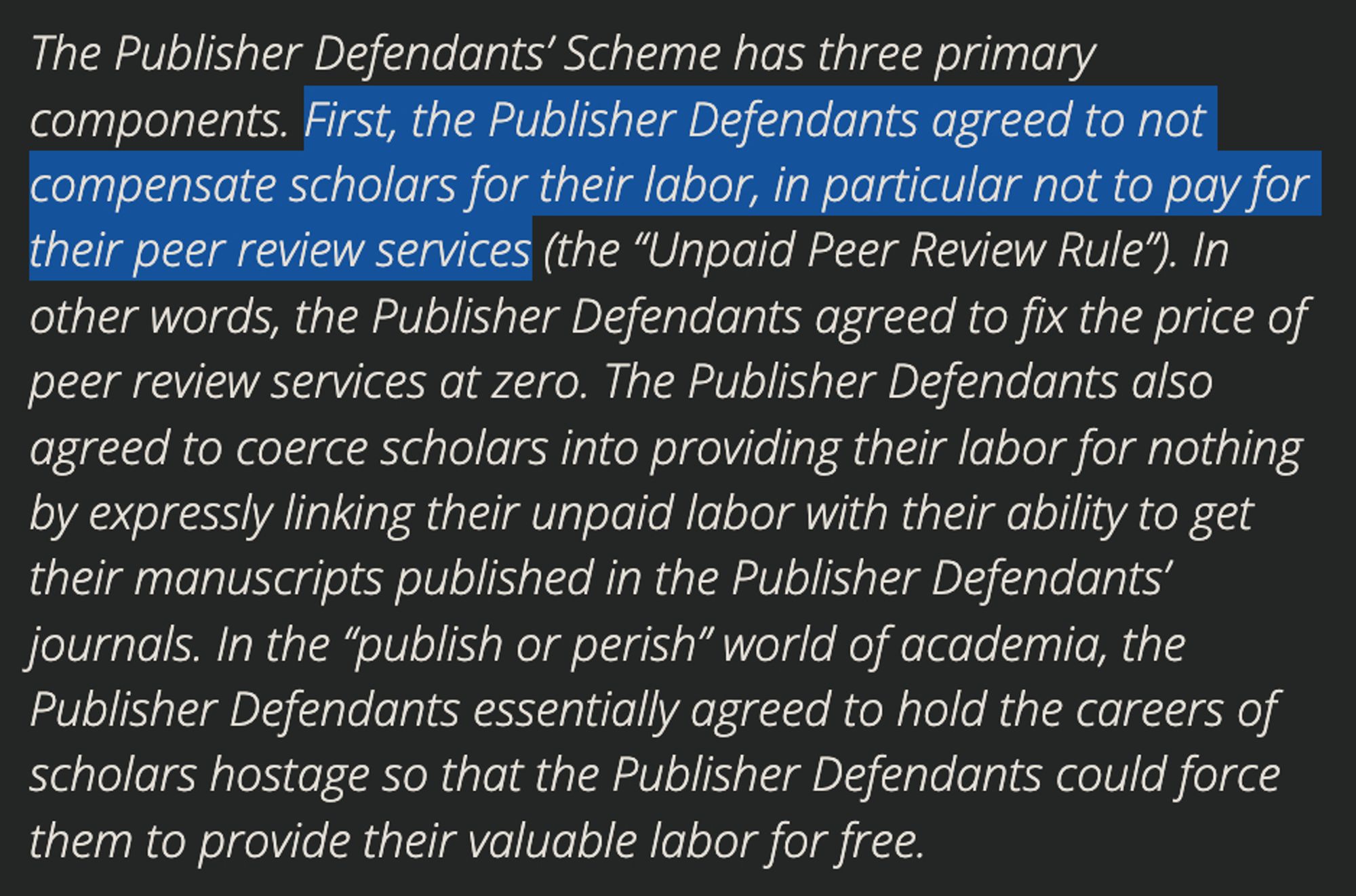
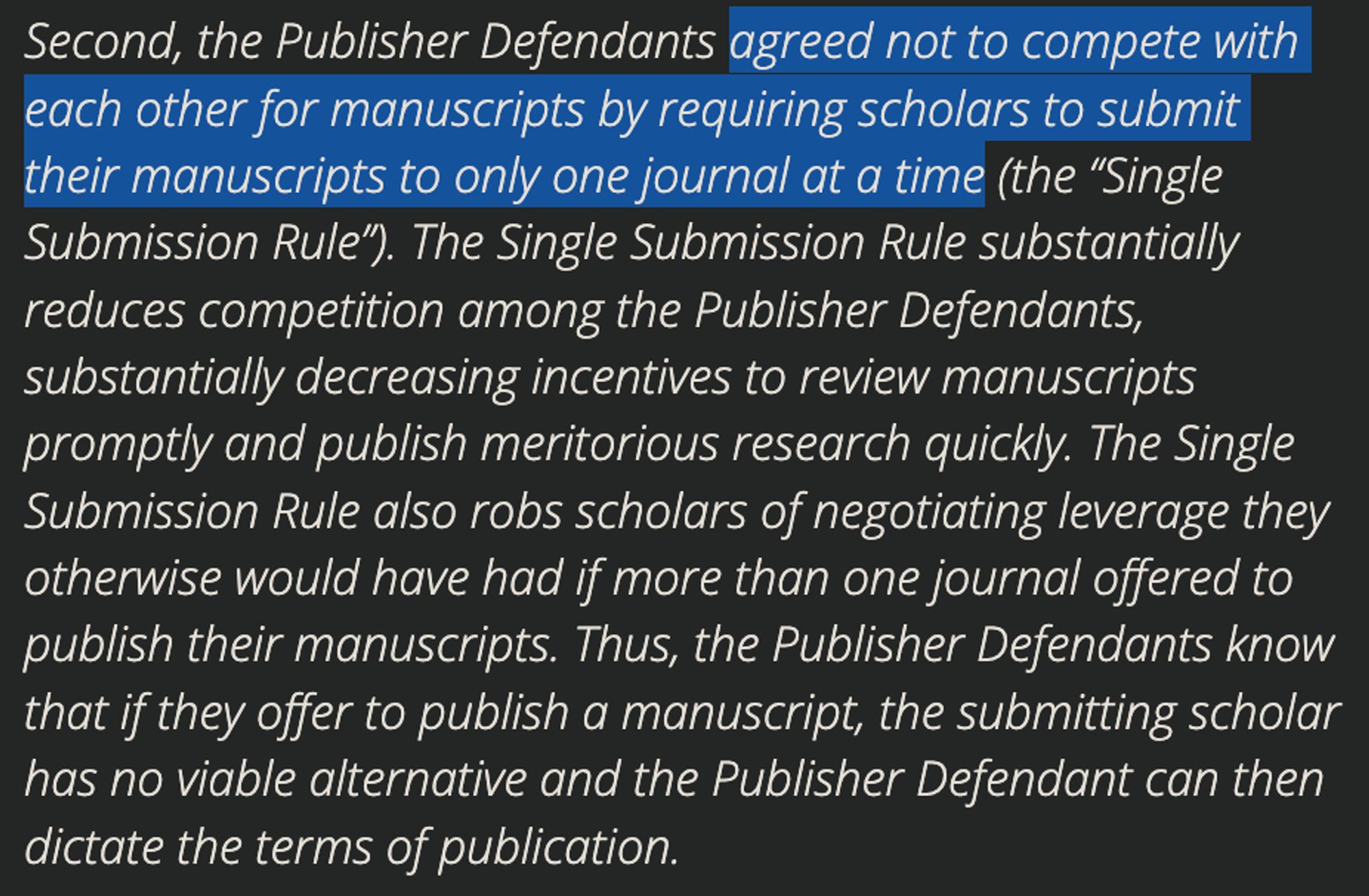
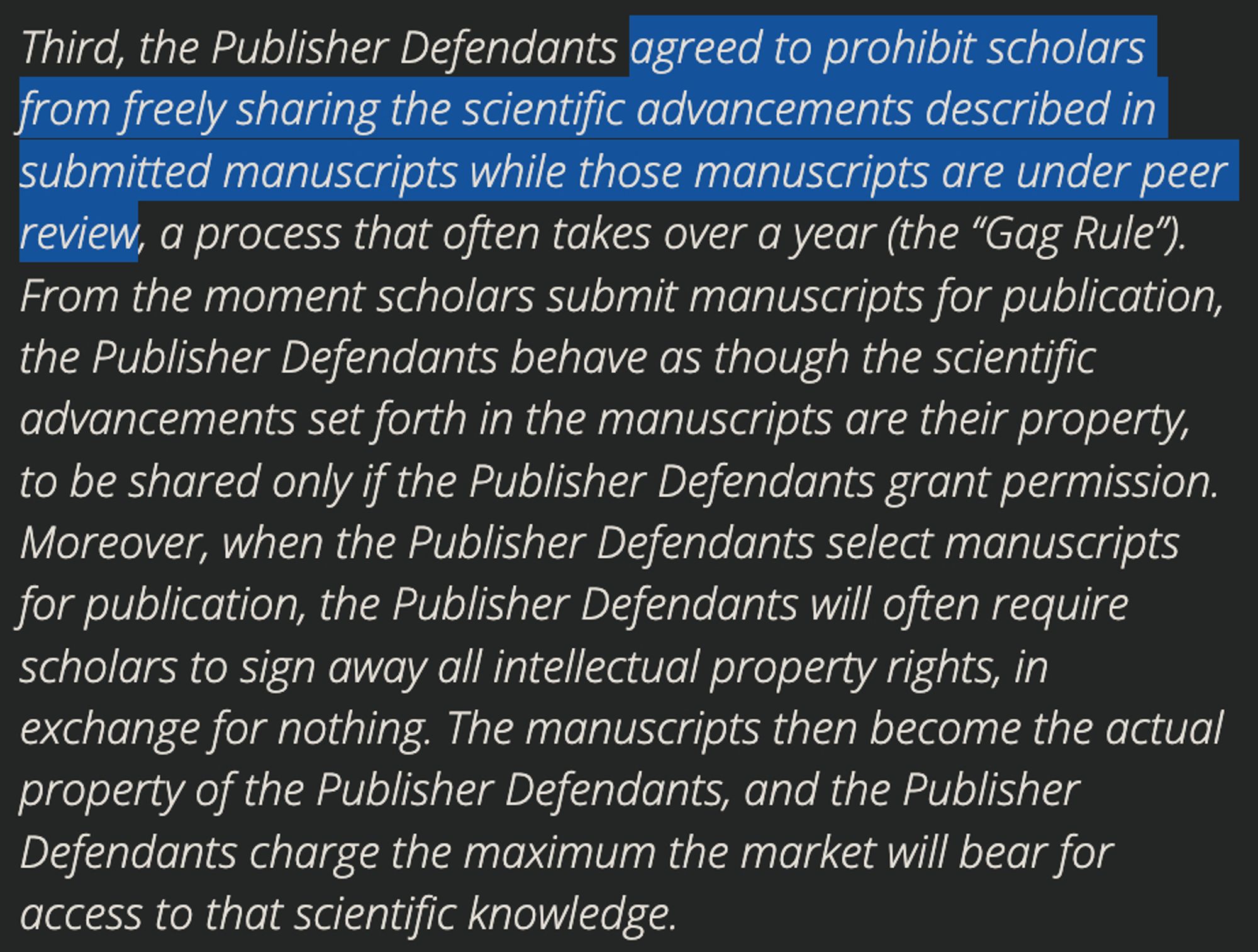
For fans of *Cognitive Controversies* -> my comments on others’ comments on my opinion! TLDR: I propose to unyoke the constructs of cognitive stability and flexibility; others disagree; we argue politely... Free read links: rdcu.be/dTxqbrdcu.be/dTxql
Interested in cognitive stability and flexibility? Alright then: @RaphaelGeddert and I investigate contextual factors determining whether stability and flexibility tradeoff. Free read link: rdcu.be/dTvTIlink.springer.com/article/10.3...
A fun project with @eren_gunseli and his gang, now out in J Neuro: Effects of Context Changes on Memory Reactivation www.jneurosci.org/content/44/3...
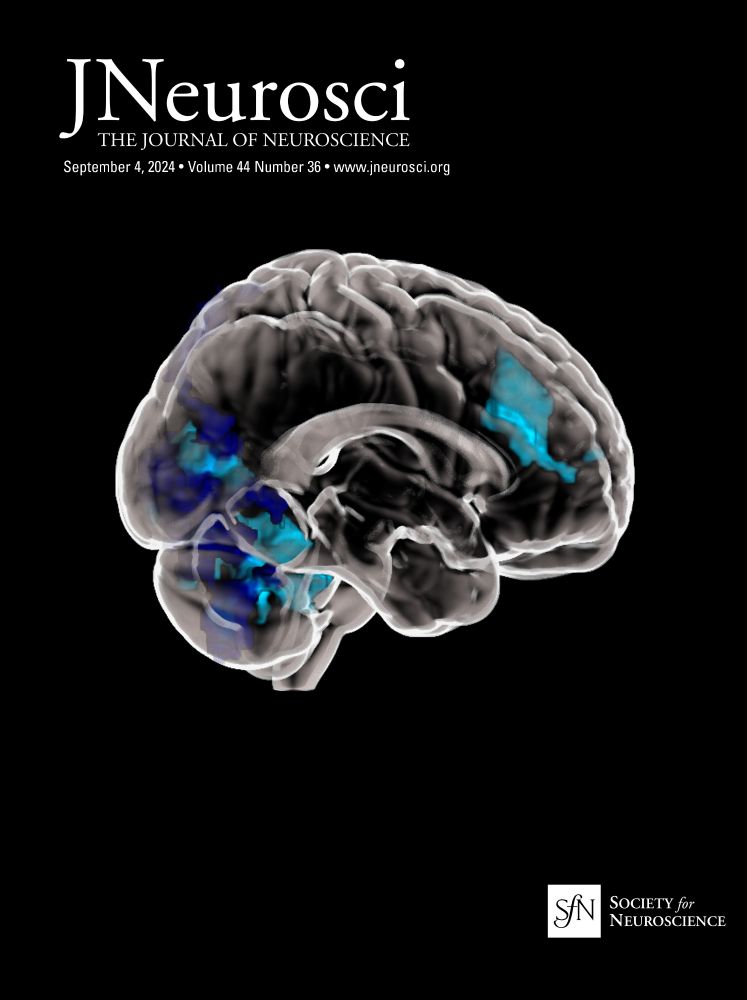
While the influence of context on long-term memory (LTM) is well documented, its effects on the interaction between working memory (WM) and LTM remain less understood. In this study, we explored these...
I would say either is fine. The important thing is bringing across that you know the kind work being done there and have ideas on how your own research connects with it in interesting ways. Good luck!
Please share and repost: Postdoc position in my lab at Temple University. Review of application begins on 8/19/2024 and continues until the position is filled. neurostars.org/t/postdoc-po...
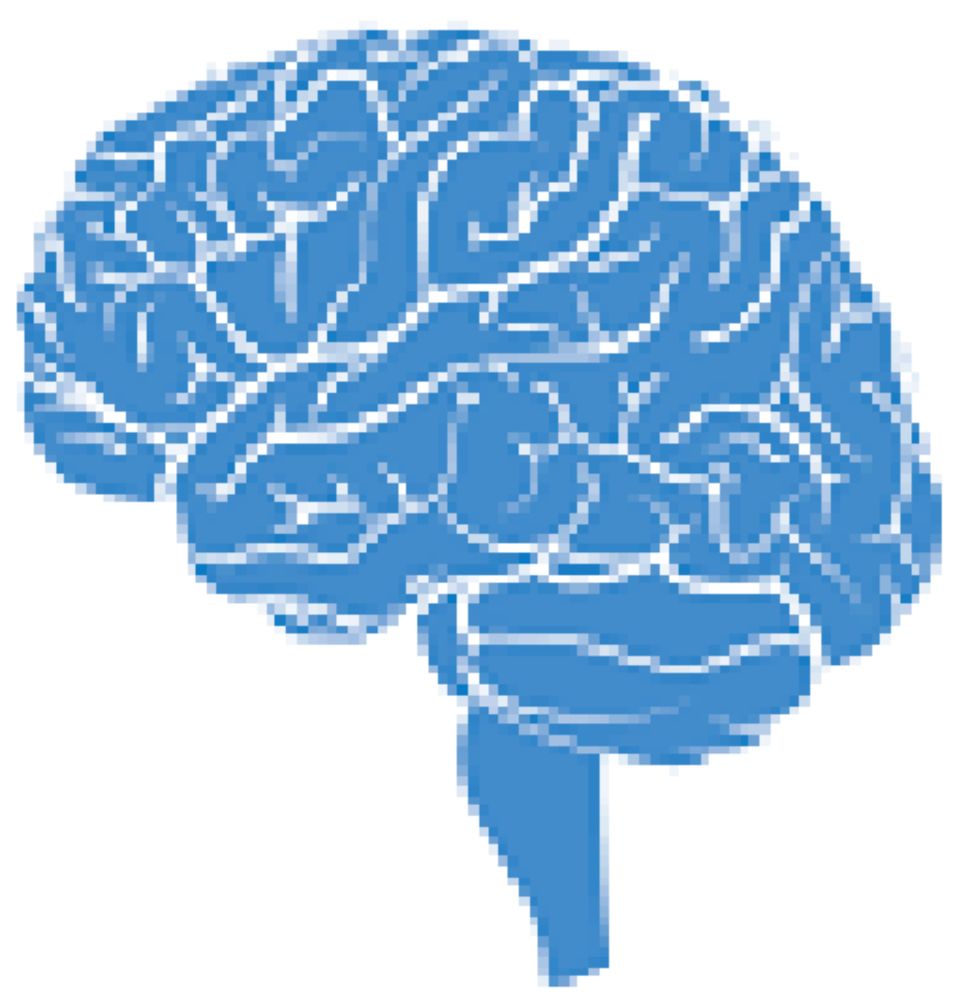
The Neuroeconomics Lab at Temple University (PI: David Smith; Neuroeconomics Laboratory – Principal Investigator: David V. Smith, Ph.D.) invites applications for a full-time Postdoctoral Associate (st...
I am looking for a new lab manager and SSNAP project coordinator. Please share this ad! #neuroskyence#science#philosophywww.imclab.org/lab-manager-...
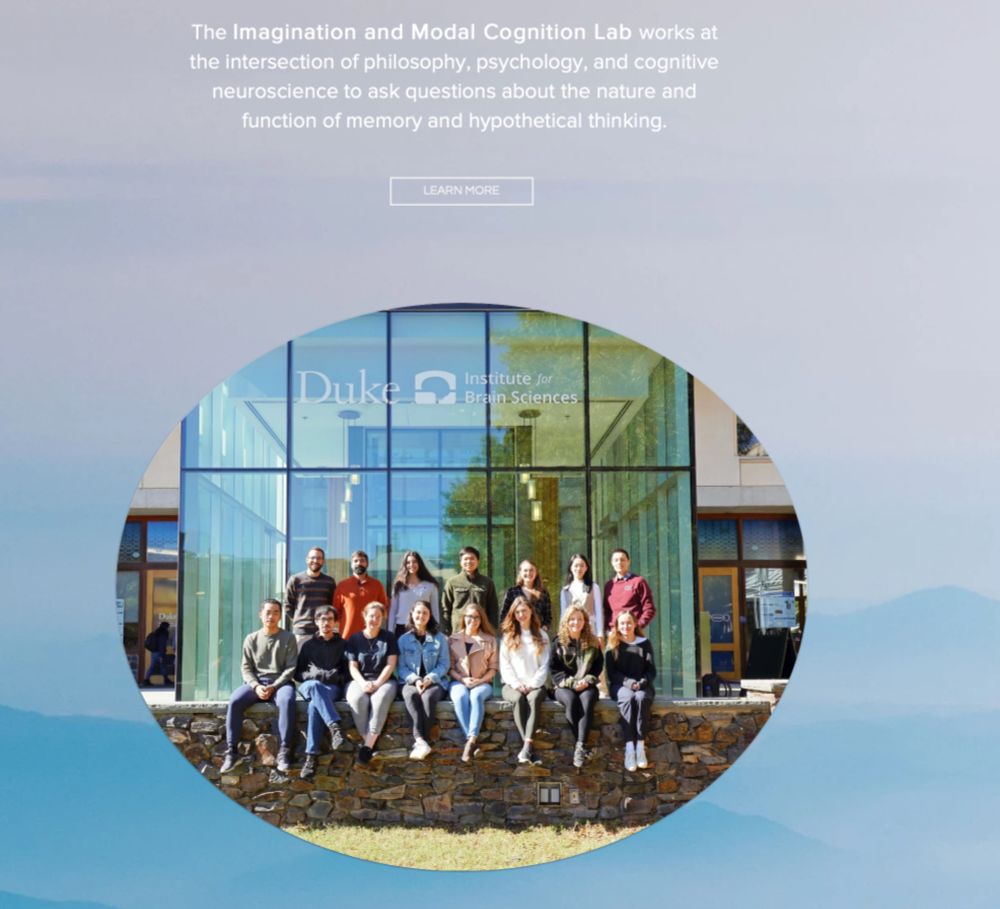
We are taking applications for a 3-year POSTDOC position on the topic of tracking cognitive dynamics using passive smartphone sensor data, in clinical and non clinical samples with the Neureka app gillanlab.com/join-the-lab/ Closing June 1st. Pls share 🔁👍 or reach out with any informal queries!
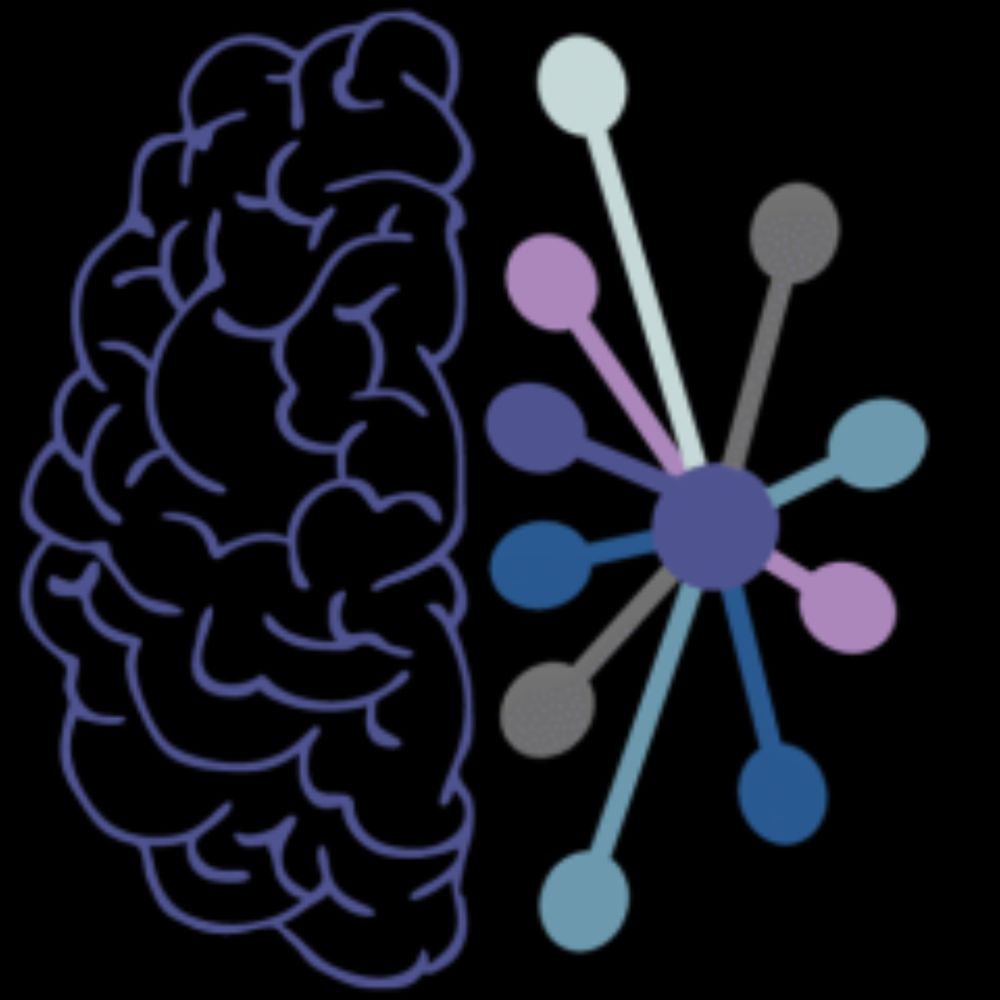
We're hiring! Postdoctoral Fellowship: Predictive Models for Cognitive Fluctuations Closing date: 12 noon (IST), June 1st 2024 We are seeking a Research Fellow to pioneer the development of passive s...
Here's a free reading link: rdcu.be/dFVcg
